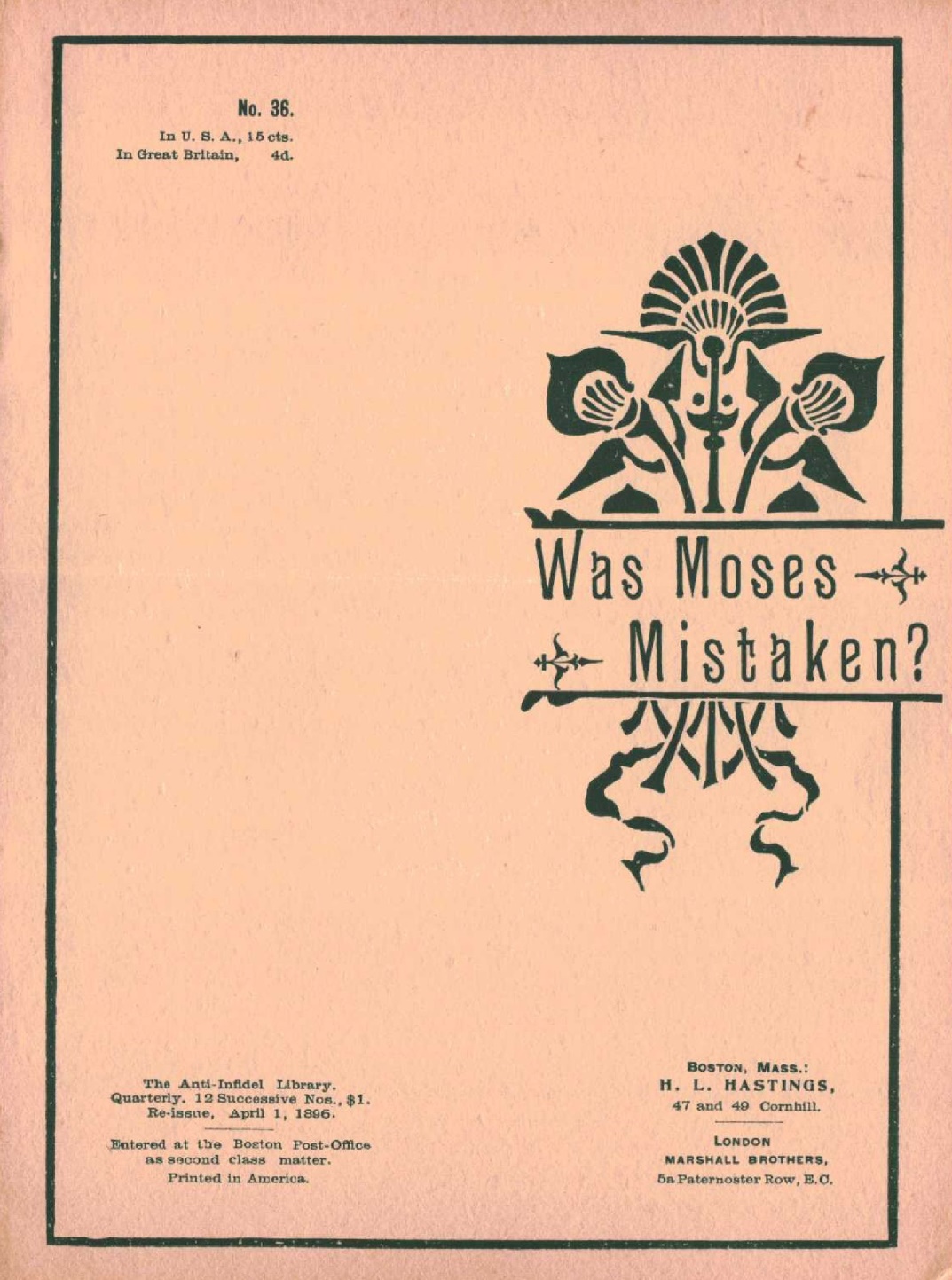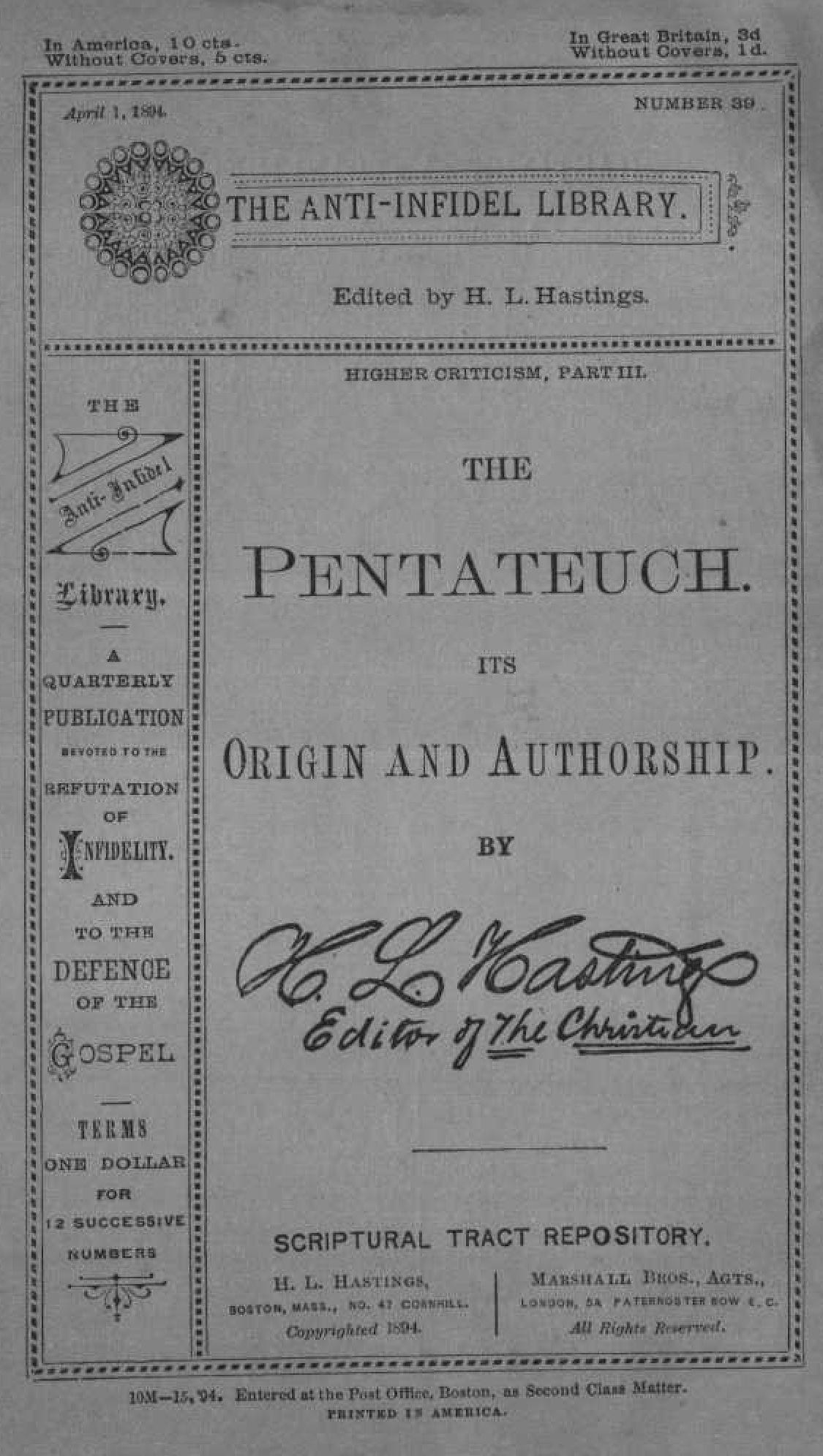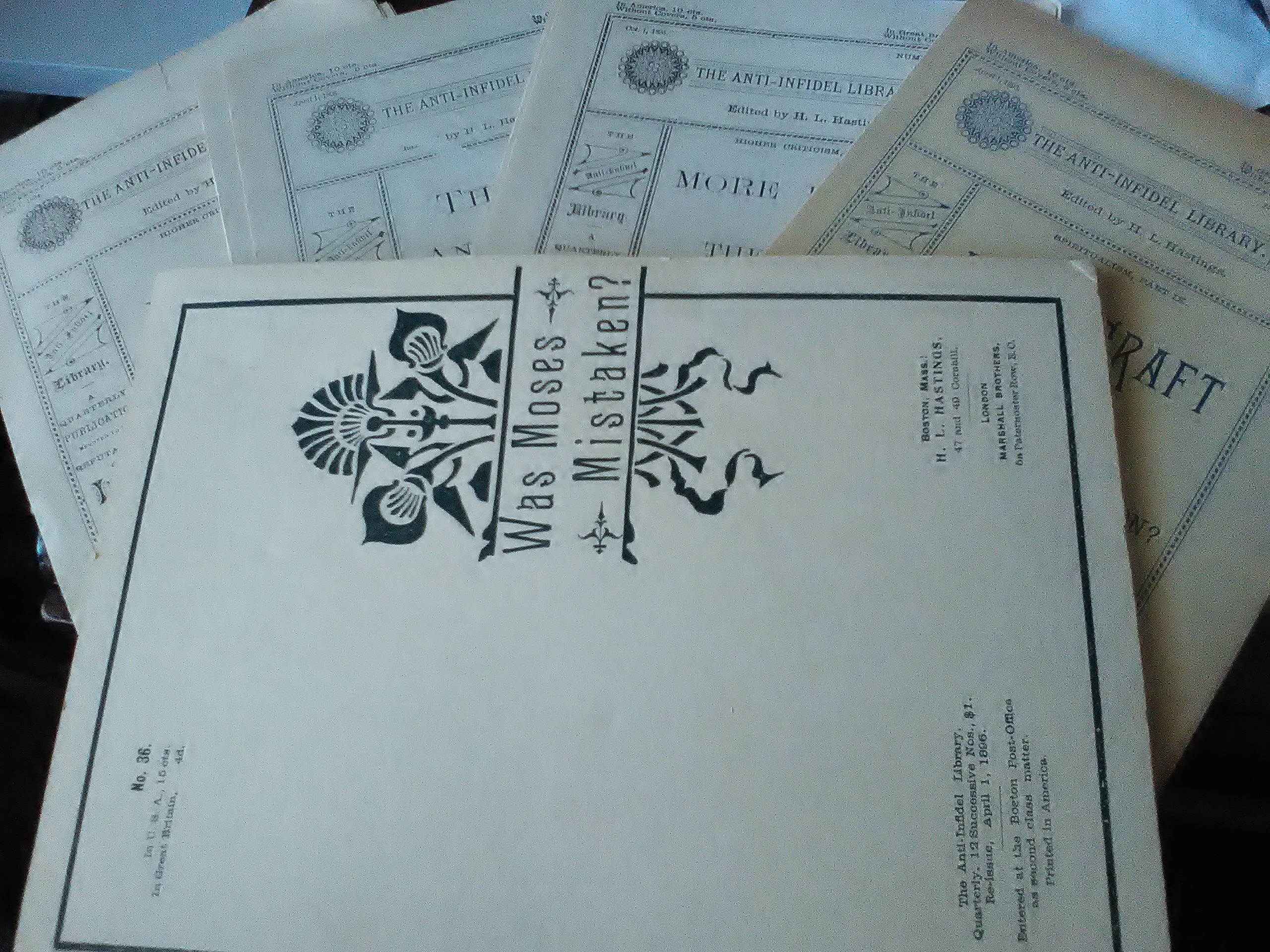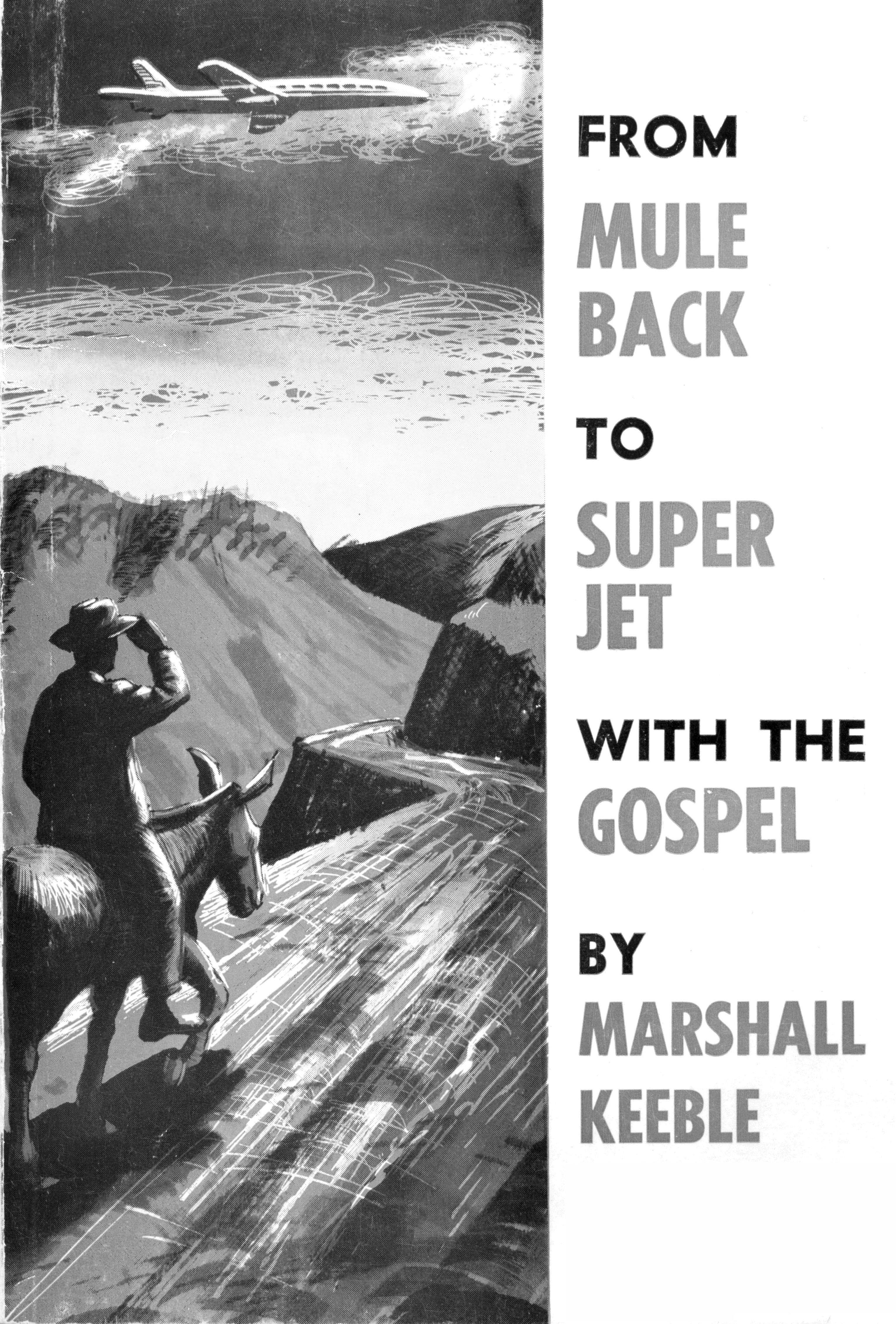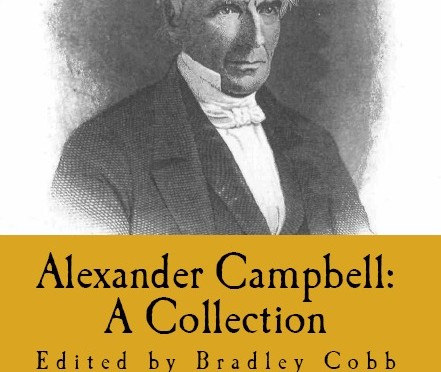Our current writing project is a book entitled “Who Were the Apostles?” This is also the study that we are engaging in on Wednesday evening Bible class. Different than what we’ve done before, we’re going to post this book section-by-section for you to read while it’s being written!
We hope that you find it worthwhile, and that you don’t mind the large amount of footnotes that come with it. 🙂
What is an Apostle?
The word “apostle” comes from the Greek word apostolos, which means someone who is sent with a mission. It has inherent in its meaning the idea of being answerable to someone else, being sent by that person or group. The New Testament writers used this word and various forms of it over 100 times in their writings. It is used to describe the following people:
- The 12 men chosen by Jesus Christ during His earthly ministry (Luke 6:13-16).
- Matthias, the man chosen by God to replace Judas Iscariot as an apostle of Jesus Christ (Acts 1:24-26).
- Saul of Tarsus, later known as Paul, who Christ chose to be the apostle to the Gentiles (Acts 22:21[1], Romans 1:1, 11:13).
- Barnabas, a man sent out by the church at Jerusalem (Acts 11:22)[2], who later served as a missionary from the church in Antioch (Acts 13:1-2, 14:14).
- James, the brother of the Lord (Galatians 1:19).[3]
- Jesus Christ (Hebrews 3:1).
- The Old Testament prophets (Matthew 23:37).[4]
- Epaphroditus, a man sent out to help Paul by the church in Philippi (Philippians 2:25).[5]
- Men from various congregations who accompanied Titus to collect funds for the poor saints in Jerusalem (2 Corinthians 8:23).[6]
- Angels (Hebrews 1:14).[7]
- Moses (Exodus 3:10, Acts 7:34).[8]
If we were to include all the Old Testament uses of this word from the Septuagint,[9] this study would swell in size and become very tedious.
As you can see from the examples given above, the word “apostle” has a broader meaning than simply “the twelve men chosen by Jesus Christ.” It means someone who was sent with a specific mission. The word usually is used to describe the relationship with the sender, as opposed to the one(s) to whom the person is sent.[10] For example, Paul frequently calls himself “an apostle of Jesus Christ.”[11] He uses the word “apostle” to describe the relationship to Jesus Christ—the one who sent (or “apostled”) him.
[1] The Greek word translated “send” in this verse is exapostello, which is a verb form of “apostle.”
[2] The Greek word translated “send forth” (KJV) in this verse is exapostello, which is a verb form of “apostle.” We could say Barnabas was “apostled” by the church in Jerusalem.
[3] There is some dispute about how this verse should be translated, considering there is no other evidence that James, the brother of the Lord, was ever chosen to be an apostle of Jesus Christ. The majority of translations render it similar to, “I saw none of the other apostles except James, the Lord’s brother.” Hugo McCord, however, chose to translate it as “I saw no other apostle, but I did see James, the Lord’s brother.”
[4] “them which are sent” is from the Greek word apostello, the main verb form of “apostle.” The word in this verse is in the perfect tense in Greek, which means something that took place in the past, and continues to have effect up to the present. Thus, Jesus is speaking about men who tried to call the people back to repentance under the Old Testament.
[5] The word “messenger” (KJV) or “ambassador” (MLV) is the same word that is translated “apostle” elsewhere in the New Testament.
[6] The word “messenger” (KJV) or “ambassador” (MLV) is the same word that is translated “apostle” elsewhere in the New Testament.
[7] The phrase “sent forth” is a verb form of the word “apostle.” The angels were sent by God with a mission.
[8] The Septuagint, which was referenced by Stephen in Acts, uses the Greek word apostello, the main verb form of apostle.
[9] This is the Greek translation of the Old Testament (abbreviated as LXX), completed at least 150 years before the birth of Jesus Christ. It seems to be the version referenced most often by the apostles. Various verb forms of the word “apostle” appear in the LXX over 700 times.
[10] Romans 11:13 is one of only a few instances in the New Testament where this isn’t the case. In that passage, Paul describes himself as an “apostle of [belonging to] the Gentiles” (KJV, ASV, NAS, MLV). Some other translations render this as “apostle to the Gentiles” (ESV, NKJV), which would put the emphasis back on Paul’s being sent by Jesus Christ, and thus conforming to the common usage of this word. However, the Greek is properly translated as “of [belonging to] the Gentiles.”
[11] See the first verse of Romans, 1 and 2 Corinthians, Galatians, Ephesians, Colossians, 1 and 2 Timothy, and Titus.
-Bradley Cobb
